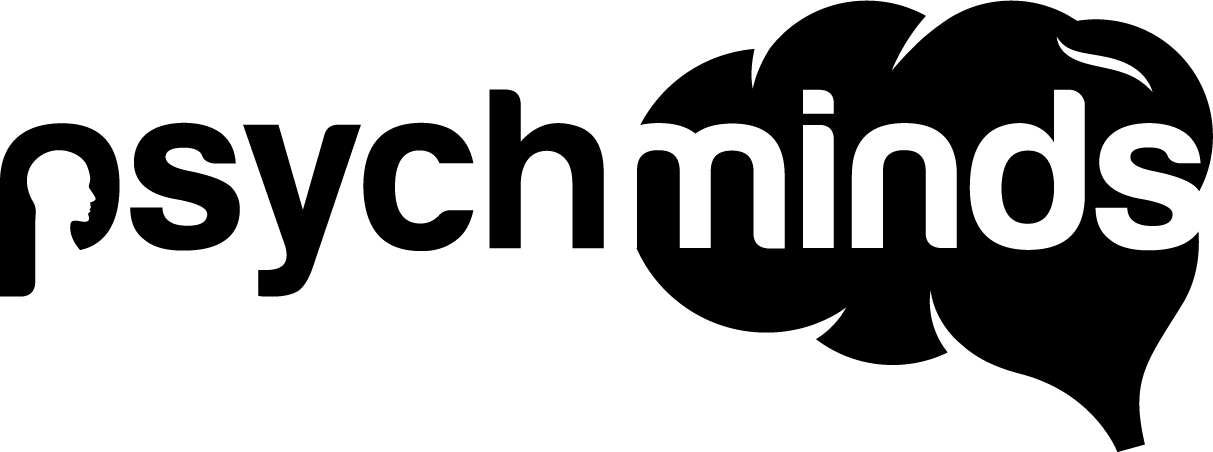“When you perceive choice, you perceive motivation.” This is a quote by Ellen Langer, a Harvard professor of psychology. This provides the framework for research into the psychology of motivation.
In an inspiring TedTalk, Scott Geller, Alumni Professor at Virginia Tech, claimed that self-motivation is all about feeling empowered. According to Geller, self-motivation derives from the perception of competence, consequences, choice and community. All four are crucial in determining how motivated someone is. Firstly, competence means that it is imperative to feel accomplished and that one is doing something worthwhile. One has to feel capable of completing a task and completing it well.
Secondly, working towards positive consequences is naturally more reinforcing than working to avoid aversive consequences. Consequences drive our behaviour and provide a framework for how we perceive things. For instance, a student studying for an exam because they enjoy the material and want to succeed will be more self-motivated than a student simply studying to avoid failure. The latter may be driven more by what is known as extrinsic motivation or working for external rewards; whereas, the former would be studying because they are intrinsically motivated. When someone is intrinsically motivated, they will do things out of a natural desire. They feel they are doing something worthwhile and are more likely to experience flow. Flow occurs when one is entirely absorbed and immersed in ones work and does not tend to notice the passage of time.
Thirdly, as mentioned at the very beginning, having a sense of choice is crucial for self-motivation. If one works in an overly controlled environment where opinions and choices are restricted this may lead to feeling trapped. It depletes ones sense of autonomy. It leads to apathy and feeling demotivated. As career analyst, Dan Pink, explained autonomy and the ability to lead our own lives is necessary for feeling successful, accomplished and self-motivated.
Finally, community is the last essential ingredient in our recipe for self-motivation. Communities, businesses, organisations and leaders need to recognise the importance of motivation and learn how to inspire. In his Ted Talk, Pink claimed that businesses are far behind the scientific research there is on motivation. While businesses promote extrinsic rewards in order to get more work done, research claims that the emphasis should be on the more subtle intrinsic motivators. Rewards such as bonuses are extrinsic motivators. Pink claims that such rewards actually narrow our focus and debilitate creative thinking. Companies need to focus on increasing their employee’s sense of autonomy, mastery and purpose in order to accomplish more. Pink gives the example of Google which has something called 20 percent time. This means that employees have 20 percent of their time to work on whatever they want, however they want. It has been shown that half of the products a year that Google comes out with are created during that 20 percent time. This shows that when there is more freedom, there is more creativity, more solutions which essentially culminates in better business. Therefore, it is in everyone’s favour to take into consideration internal motivators.
In conclusion, working for extrinsic rewards is too simplistic and not enough to motivate people. People are able to accomplish more when they enjoy what they do, have a purpose and feel autonomous. It is time for businesses to catch up with the extensive scientific literature on the psychology of motivation. It is time for them to empower and inspire.
References
TEDx Talks. (2013, December 5). The psychology of self-motivation | Scott Geller | TEDxVirginiaTech [Video file]. Retrieved from https://www.youtube.com/watch?v=7sxpKhIbr0E
TEDGlobal 2009. (2009, July). Dan Pink: The puzzle of motivation [Video file]. Retrieved from http://www.ted.com/talks/dan_pink_on_motivation?language=en#t-903862
Image Credit: https://invivomagazin.sk/author/Martin-Hrkut/
















